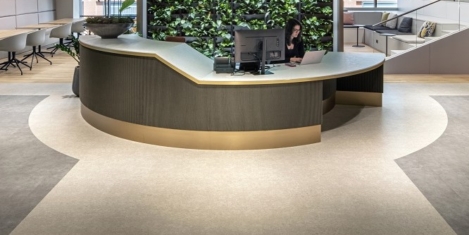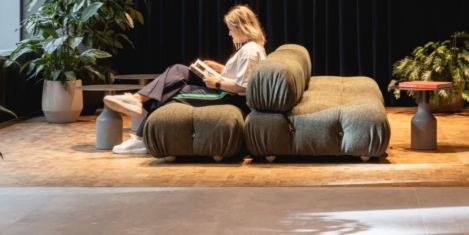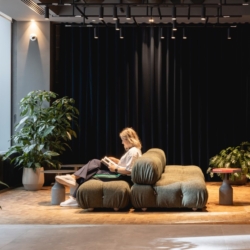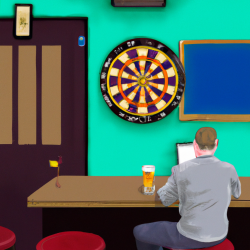November 15, 2023
‘Return-to-office’ rates vary widely across Europe
 A new survey from JLL, Is hybrid really working? [registration] claims that the majority of international organisations (87 percent) are encouraging employees to work from the office at least some of the time. In fact, only 20 percent of employees who can work remotely all of the time or one-two days in the office now do so, down from 39 percent a year ago. However, the data demonstrates varying approaches to the so-called return to office across Europe, with France and Belgium leading, spending an average of 3.5 days working from the office. Germany, Netherlands, Spain and the UK are however lagging behind with an average of 2.5 days working from the office. (more…)
A new survey from JLL, Is hybrid really working? [registration] claims that the majority of international organisations (87 percent) are encouraging employees to work from the office at least some of the time. In fact, only 20 percent of employees who can work remotely all of the time or one-two days in the office now do so, down from 39 percent a year ago. However, the data demonstrates varying approaches to the so-called return to office across Europe, with France and Belgium leading, spending an average of 3.5 days working from the office. Germany, Netherlands, Spain and the UK are however lagging behind with an average of 2.5 days working from the office. (more…)

























 The UK workforce is divided on whether political and social opinions belong in the office, according to
The UK workforce is divided on whether political and social opinions belong in the office, according to 







August 1, 2023
How many fingers am I holding up?
by Mark Eltringham • Comment